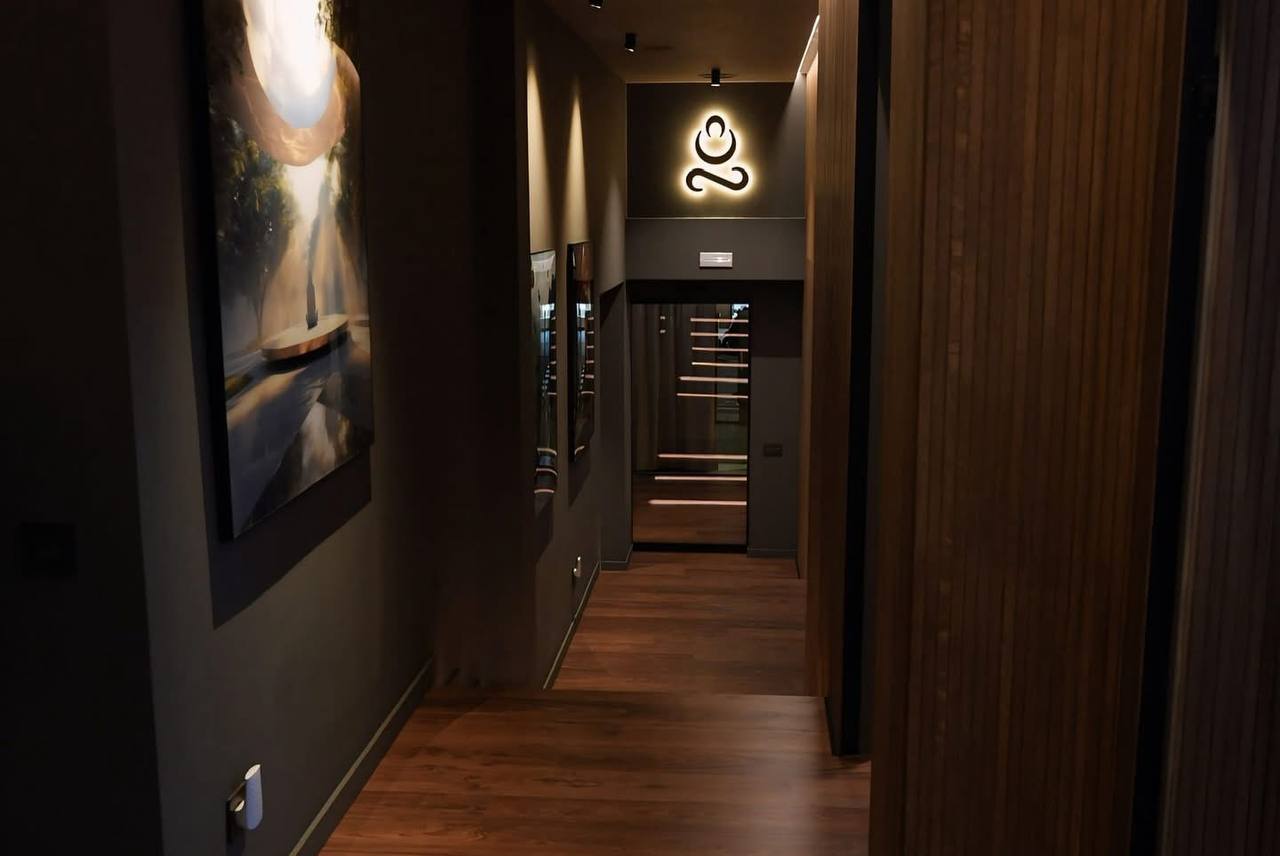
About Sensor23
Sensor23 is a private clinic in Barcelona that modernized its mental health system with Alpaca EMR — treating the person, not just the symptom.
The clinic combines modern psychiatry, neuroscience, psychotherapy, IV therapy, physiotherapy, and wellness tools under one roof — offering a complete “reboot” for the nervous system.
The clinic is led by a multidisciplinary team of doctors, therapists, physiologists, and neurotechnologists. Their philosophy is simple: one patient — one team — one system.
One doctor, one tab. One patient, one team. One week to migrate. And a lifetime to benefit.
The Phylosophy behind the System

“We don’t treat symptoms. We treat people — body, mind, and soul. One patient. One team. Everything under one roof — in real life and in our system.”
That’s how Sensor23 describes their mission: an integrative clinic that rewires burnout, ADHD, anxiety, and even deep-spectrum autism. Patients come in, heal, bring cake, and say thank you. It works.
But behind the scenes, operations were… breaking. Not philosophically. Technologically.
The Pain: Bitrix and the mess it left
“We picked Bitrix. Huge mistake.”
Sensor23 didn’t want a bunch of platforms. They wanted one. One system for all.
What they got was: everything and nothing.
The interface was clunky, notifications were lost, and the data structure felt more like a construction site than a clinic system.
Every process — from intake to follow-up — required a workaround.
Booking? Required third-party plugins. Scheduling? Needed medical calendar hacks. Online intake? Barely.
Their staff was overwhelmed. Their dev team — the ones who migrated the data later — were furious:
“Who built this thing?”
No one could see the full patient journey. Data lived in silos. Clicks multiplied. And every department blamed the other.
The Shift: Alpaca in one week
“The migration took a week. The core switch — just two days. Then three more days checking what carried over.”
This wasn’t just a CRM swap. It was a shift in logic — a system that matches Sensor23’s way of thinking.
Alpaca immediately aligned with their integrative model: not ‘one doctor = one patient,’ but ‘one team = one case.’
Every clinician — psychiatrist, physiotherapist, psychologist, or IV nurse — accesses the same patient record. No silos. No handoffs.
What shocked the team most wasn’t just the speed. It was the clarity.
“The first time we opened the new system, we saw everything we’d been trying to build for years — already there.”
No checklists duct-taped to Excel. No jumping between tabs. No calling IT for exports.
They could finally work like one organism.
“We’re not a service chain. We’re a system. We don’t rotate patients. We surround them.”
Customization: Demands met. Fast.
Sensor23 isn’t passive. They brought dozens of improvement requests to Alpaca within the first month.
“At some point Alexey said, ‘Can you even count how much we’ve done for you?’”
From task logic to medical tabs, the Alpaca team responded fast. They created a flow with just two tabs per doctor.
In some cases — one. Because when the issue is deep burnout or trauma, the last thing a doctor needs is a dashboard full of flags.
“Elena, our chief doctor, said: ‘Give me one screen. That’s all I need.’ And she was right.”
They restructured how cases appear. Rewrote intake logic. Hid everything non-essential.
Created custom views for different specialists — so a psychologist sees mood charts, and an IV nurse sees hydration data, without distractions.
No more “one size fits all.” Alpaca let Sensor23 shape their own tool — without needing to rebuild the system from scratch.
For once, software wasn’t in the way. It listened.
Doctors. Onboarded.

Forget weeks of training. Sensor23 onboarded its core medical team in two sessions.
“One full-staff meeting. Two Zooms between Elena and Sharon. Then I shadowed each doctor one-on-one: ‘Show me how you’re working. Here’s what to change. Done.’”
Alpaca didn’t slow them down — it let them speed up without losing themselves.
Real impact: calm in the core

With Bitrix, Sensor23 was firefighting. With Alpaca, they’re building.
Now the entire clinic runs with shared knowledge, fast onboarding, clean analytics, and fewer operational detours.
Sales are aligning. Data is flowing. Even the front desk feels the difference.
Patients don’t repeat themselves. Doctors don’t waste time searching.
Decision-making is faster. Teamwork is smoother. And growth finally feels possible — not chaotic.
“There are still bugs — of course. But now it’s a living system. Not something we’re patching just to survive.”


